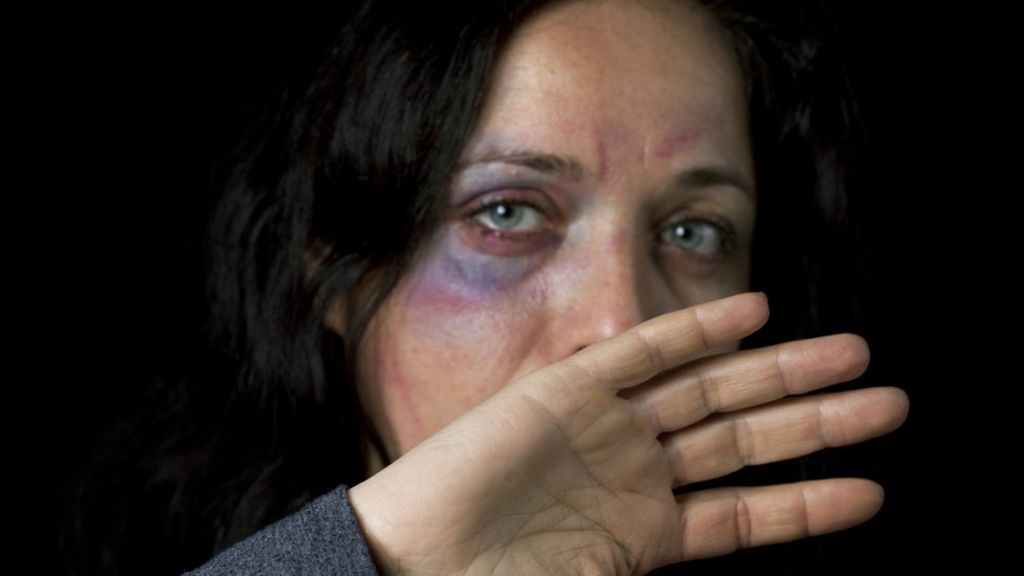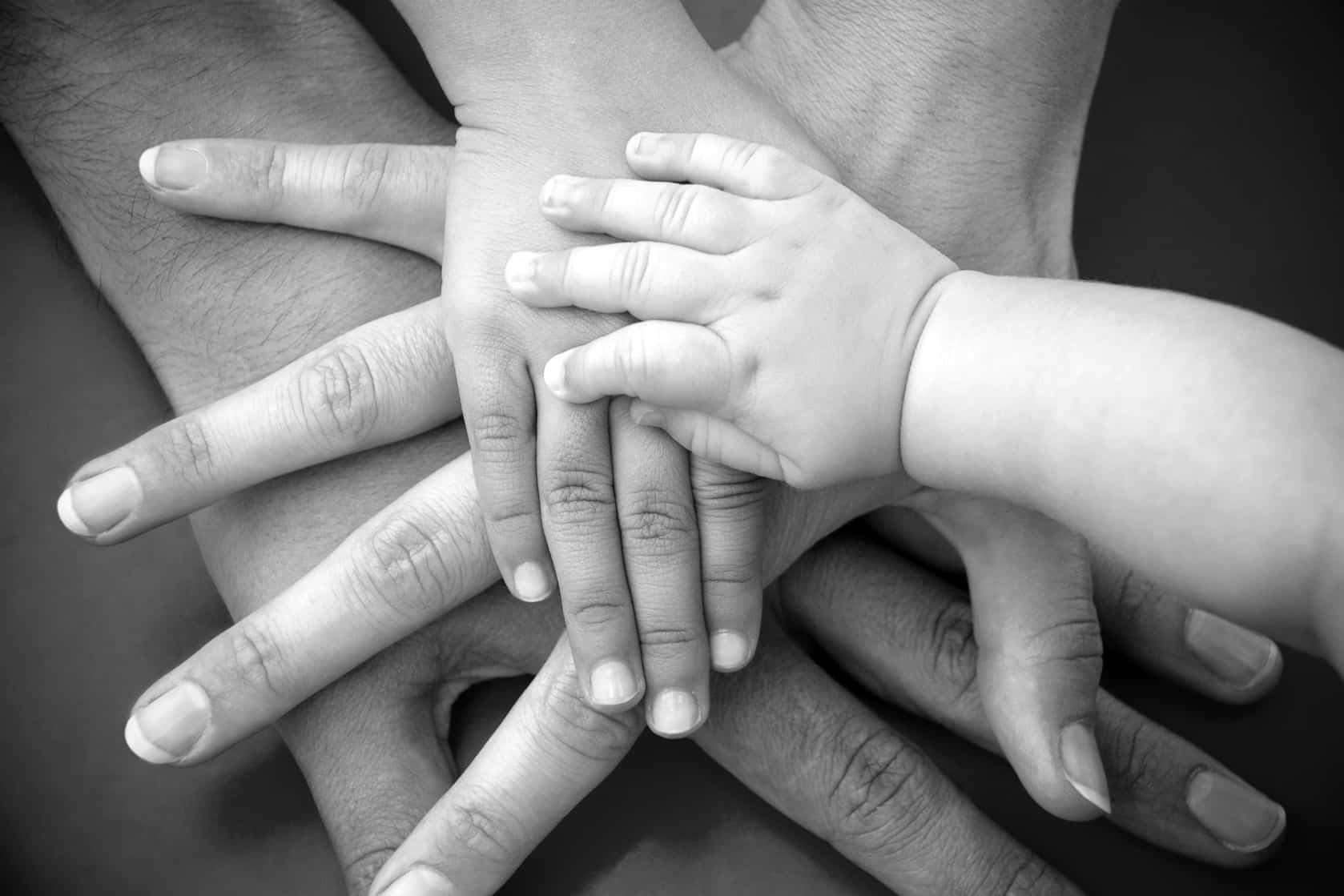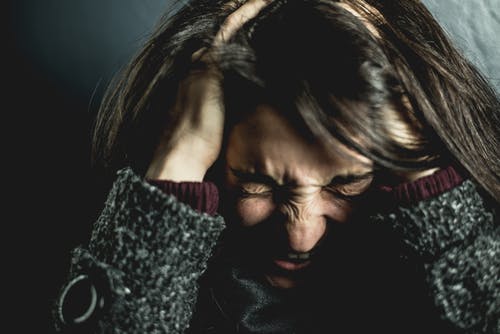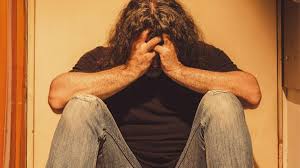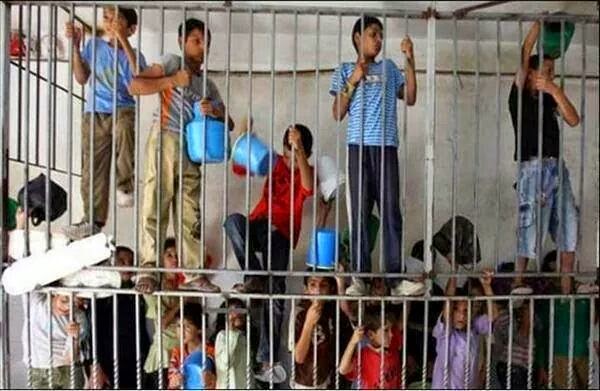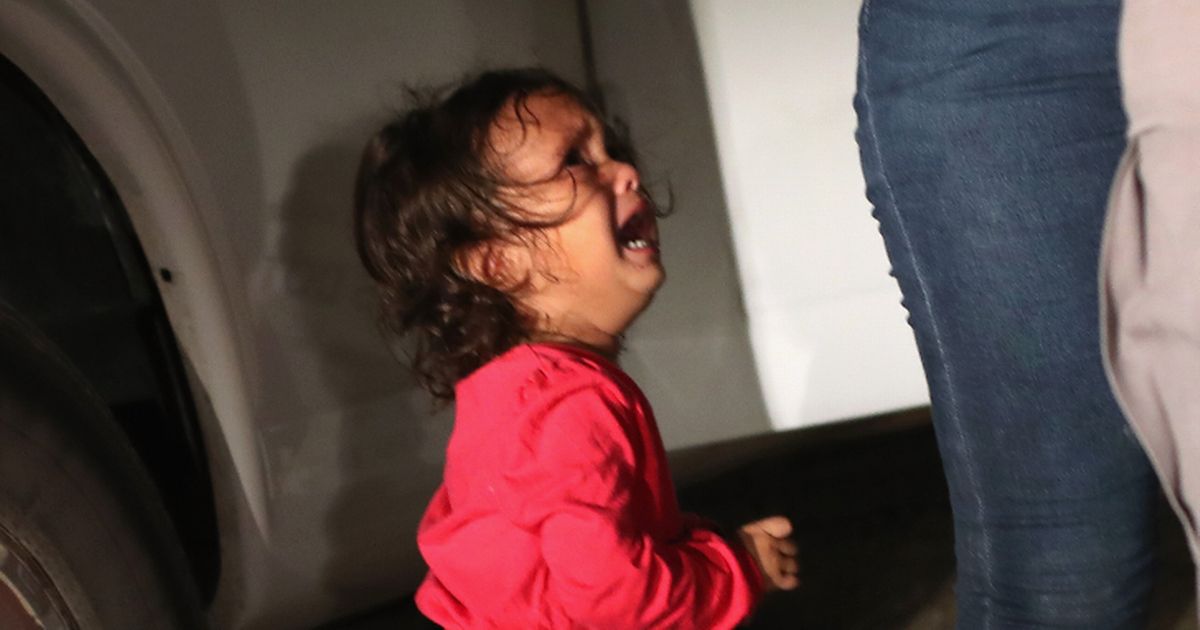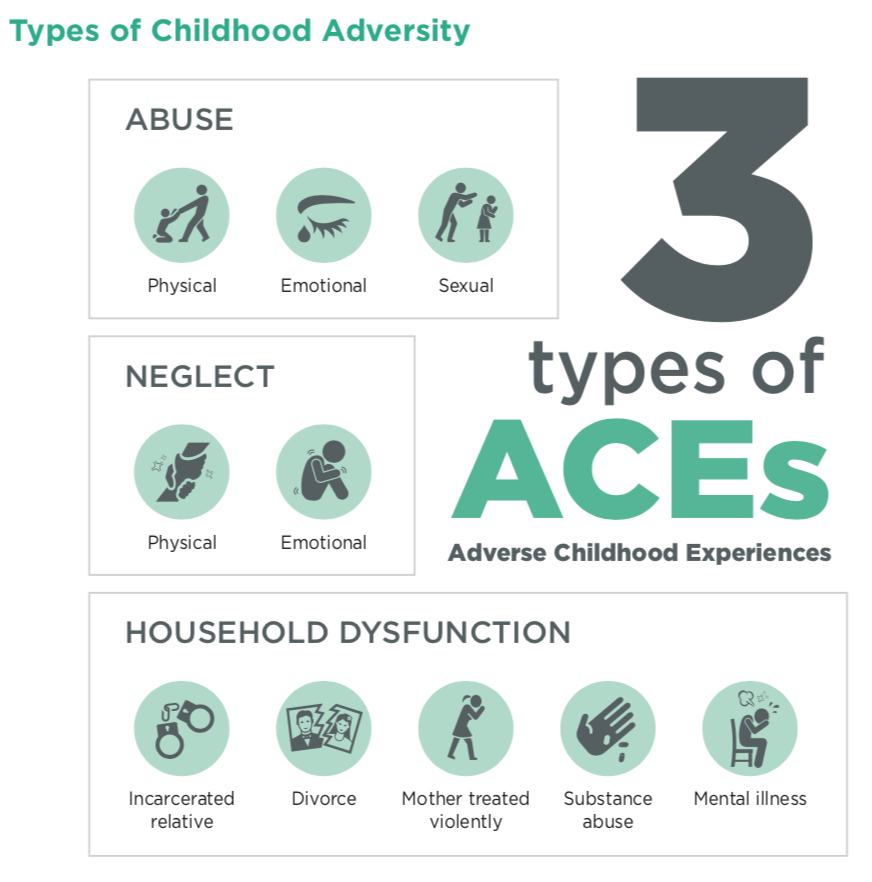Healing from childhood trauma is not easy. As an adult however, it is possible to heal. If you want to get over your past trauma, you first need to understand how it affects you. If you experience trauma in childhood, you will be having trouble in keeping up with the daily routines of life.
Just deciding what to wear to work is very stressful to start off the day. That’s if you can keep a job. Childhood trauma, as I have mentioned before, effects almost all aspects of our lives. This effects how you work with others. Being intimate with your significant other, friends, co-workers, and authority figures. There could be many more problems that we have not touched on yet, all depending on your experience.
There are some techniques from which you can recover from the trauma of childhood.
- Distance yourself from toxic people:
Not that you are religious, but we do give the bible some respect. It says in 1 Corinthians chapter 15 verse 33 that “Bad associations spoil good habits”.
There is a saying in Spanish that my Mama Luna would repeat to me frequently when I was young, “Dime con quien te yuntas y te dire quien eres.” Tranlation -“Tell me who you hang around with, and I will describe what kind of person you are.”
Healing needs a peaceful and nurturing environment to grow in. If those whom you choose to associate with are using drugs, drinking, cannot hold jobs, lie, cheat, steal, and manipulate you, you are associating with toxic people who are poisonous to you and your healing process.
- Healing, cannot take place in a toxic environment.
Things to help you heal from childhood trauma is to remove toxic encounters in life. Many things and everything that you can control or change that is toxic in your life need to be removed. “May God give you the courage to change the things you can and the wisdom to know the difference. (Sound familiar? It’s part of the Serenity Prayer). I use this prayer to help me remember that I cannot control other stupid people.
When I am not feeling safe or comfortable. I can only control how I feel and how I want to my environment to be.
- Learn self-regulation
Developing simple mindfulness techniques like breathing, relaxation, and meditation can help you realize you can make things better. Meditation and yoga can calm your mind, enhance your life physically and emotionally.
- Sometimes it is difficult to sleep. Sleeping gives the body time to heal the mind.
Avoid caffeine during the day. That includes sodas, some contain caffeine. Drink plenty of water, mix in some lemon to add flavor. Plus, drinking lemon water is good for the gut and lowers belly fat.
- Seeking support from those you trust.
Sometimes it’s not possible to heal from childhood trauma alone. If you want to find your way back to harmony, start by seeking support from those you trust.
- Eat!
Do you remember when you were a child, seeing someone get very grumpy when they or you were just hungry? In my personal experience, I would start getting angry or frustrated because I was hungry. But I did not realize that’s, what it was.
- Start getting in touch with your body. Listen to it. How?
By eating healthy and at the regular times, it gives your brain the fuel needed to heal. Minimize your symptoms of anger, anxiety and depression by eating a well-balanced nutritious diet.
Sometimes your body is trying to tell you to get some rest, when your nose is getting stuffed, your throat is getting scratchy, you just might be coming down with a cold. Listen to your body symptoms, it is trying to tell you something. Are you taking your vitamins? Our body does not always get the nutrients it needs from our food and vegetables.
- Socialize
Trauma forces you to isolate yourself sometimes. When you are healing, try to engage with more people. Explore new things, join other support groups, you may meet others who have gone through what you are going through right now and they will understand. It can give you the good association you needed in this time to heal. You will start to feel, that you are now in safe surroundings. But please, continue pay attention to your body signals, or your gut. If it does not feel right, it may not be.
Considering the physical and mental health issues that occur alongside childhood trauma, it is very important to find an experienced medical specialist or therapist that can help you with your physical, mental, and emotional healing. It might take more than one specialist.
Some specialists or therapists can use the inner-child process to get in connection with and spending some time with your inner child and comfort him or her. Reassure your inner child that now you are in a loving and safer place.
You can resolve the hurts of childhood that lives inside you, by having your healer use some of those methods to heal yourself.
Allow yourself to recognize all the techniques you have used to keep yourself safe. Be real with yourself while recognizing all the coping strategies that you have learned. They may not be working in your best interests.
The incidents and things that happened in our childhood shape us forever. But remember to let go of the past, love yourself and forgive yourself unconditionally and remember that you are not alone.

